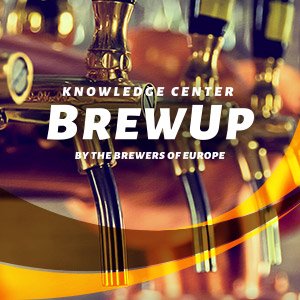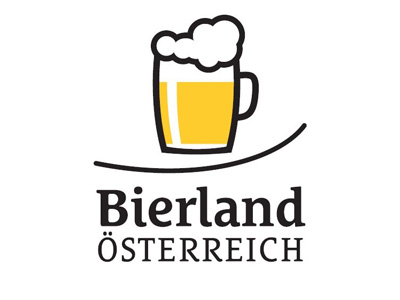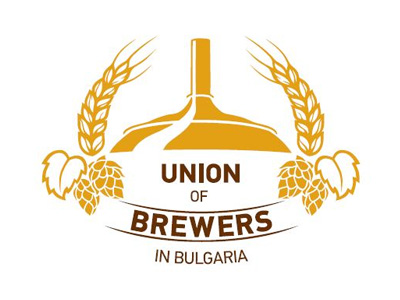
IPSOS Study 2009 on price and consumers' behaviour
- advocate
- 01/07/2009
- 1816
- Policies
This survey assesses the effect of price increases of alcoholic beverages on consumers’ purchasing and drinking patterns and European citizens’ perceptions of the most effective measures to help reduce alcohol-related harm.
- The vast majority of Europeans are responsible consumers of alcoholic beverages and only a small percentage regularly binge drinks or consumes over the recommended guidelines.
- For 94% of Europeans, price is not the key criterion when it comes to purchasing alcoholic beverages. For 46% taste is the main determinant, followed by the occasion for (or during) which the purchase is being made and the consumer’s mood at that time.
- Young adults, who comprise the largest group of people who ‘binge drink’, would be the least likely to reduce their alcohol consumption because of a price increase –even of as much as 25%. Rather than reducing their alcohol consumption, they would instead tend to change their purchasing behaviour, e.g. turning to cheaper drinks, buying more in shops and less in bars, switching to other categories, etc.
- The minority of respondents who regularly (6.2% of all adults surveyed) or occasionally (6.6% of all adults surveyed) drink irresponsibly are less likely than other consumers to reduce their alcohol consumption in response to price increases. Hence, only 1.8% of all respondents fall into the category of being regular irresponsible drinkers who would drink less in general following a price increase (This survey does not provide data on by how much these regular excessive drinkers would reduce their consumption)
- Over 90% of the people who consume alcoholic drinks said that it is not the drinks themselves but the abuse of alcohol that is the problem. They argue that every consumer should be trusted to decide how much he or she drinks.
- Over 90% of Europeans also responded that instead of price increases the focus should rather be on better education and information about the effects of alcohol consumption and proper law enforcement in cases of alcohol abuse.
- The main message that can be drawn from this survey is that raising prices completely misses the target audience and would not solve the problem of alcoholic misuse, i.e. regularly drinking over recommended guidelines or binge drinking. Instead, price increases are most likely to impact the consumption levels of those who drink in moderation and responsibly.
Explanations:
- Even though only 4 countries and 4000 EU adult citizens were surveyed, the survey does represent a useful contribution to the study of consumer drinking and purchasing behaviours across the EU.
- The results can be helpful and should be used to inform the debate among policy makers, industry stakeholders and media in relation to alcohol pricing and consumer behaviour.










